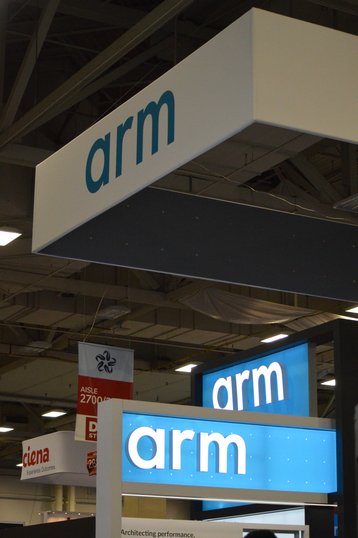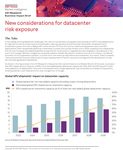Arm plans to cancel its architectural license to longtime partner Qualcomm as a copyright dispute between the companies continues.
The chip design firm gave a mandated 60-day notice of their cancelation to Qualcomm, Bloomberg reports.
Arm claims that when Qualcomm acquired AI chip company Nuvia - which uses the Arm architecture - for $1.4 billion in 2021, it was required to seek Arm's approval to transfer licenses from Nuvia over to Qualcomm.
It is claimed that Arm spent “more than a year” trying to negotiate an agreement for Qualcomm’s use of Nuvia’s licenses, but terminated the licenses in February. Qualcomm says that its existing agreement with Arm covers its acquisition.
The two companies are set to head to court on December 16, with Qualcomm calling the new move to pull the license an “attempt to disrupt the legal process, and its claim for termination is completely baseless." A spokesperson added: “We are confident that Qualcomm’s rights under its agreement with Arm will be affirmed.”
Key to Nuvia's value is that it develops its own cores - while it licenses the base Arm architecture, it does not license the processor core technology Neoverse.
This gives it more control over chip design, and means less licensing revenue for Arm on a per-chip basis, although the new products could mean more chips are sold.
Moving to a custom core design, which both Apple and server chip specialist Ampere have done, also makes it easier to shift to a different base architecture over the long term.
Nuvia was originally founded in 2018 by three Apple engineers with a plan to build data center server chips. After it was acquired, Qualcomm began talking to cloud and data center companies about testing an Arm chip for the server market using Nuvia cores.
However, since then, Nuvia has focused on consumer chips - with its custom cores first appearing in Arm-based CPUs for laptops and PCs. Earlier this week, Qualcomm said that the cores would be used in its Snapdragon chips for smartphones.
Qualcomm makes roughly $39 billion a year from Arm-based chips, which would be at risk from a license dispute.




